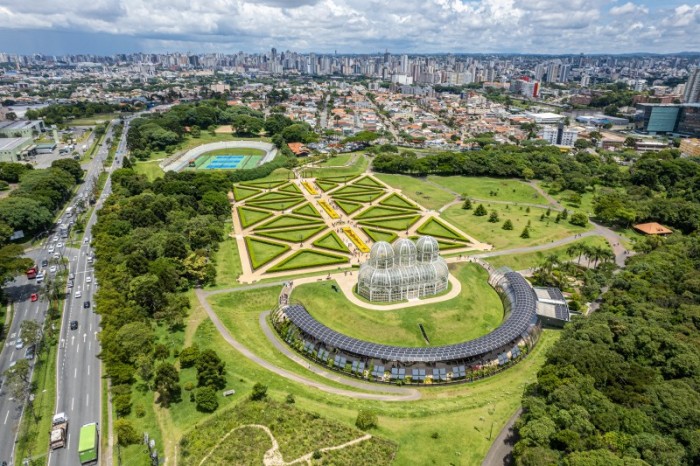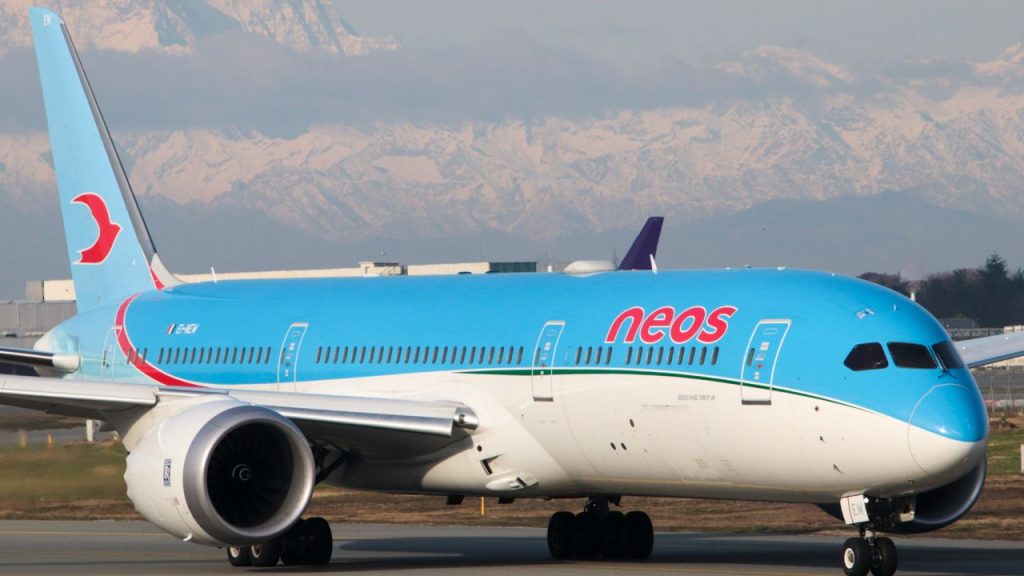The aviation industry has made a major commitment to achieving zero net carbon dioxide (CO2) emissions by 2050. To achieve this ambition, concrete measures are needed in several key areas. It is in this context that the International Air Transport Association (IATA) has presented a series of detailed roadmaps, offering precise guidelines for accelerating the transition to sustainable aviation.
One of the essential components of this transformation is the development of more efficient aviation technologies. New-generation aircraft and engines must be designed to be more energy-efficient, thereby reducing fuel consumption and CO2 emissions. Significant progress is expected through the use of sustainable fuels such as Sustainable Aviation Fuels (SAF), hydrogen and batteries, offering the possibility of carbon-free flight and contributing to the overall reduction of aviation emissions.
To support the use of sustainable fuels, a suitable energy infrastructure needs to be developed. Aviation biofuels and hydrogen have been identified as promising alternatives for reducing emissions from the sector. Considerable investment will be required to set up biofuel refineries and large-scale hydrogen production facilities. In addition, CO2 capture and storage will play a crucial role in neutralising the residual emissions associated with the use of conventional and sustainable fuels.
Flight operations also play a key role in reducing carbon emissions. Improving air traffic management and optimising the operations of existing aircraft will reduce fuel consumption and improve the overall efficiency of the air transport system. Automation, data management and the integration of new technologies are key to implementing more efficient air traffic management systems.
The transition to sustainable aviation also requires political action and adequate financial support. Globally aligned strategic policies are needed to provide incentives and support for the transformation of the aviation industry towards a net zero emissions future. Significant public and private investment – estimated at USD 5 billion – will be needed to support research, development and implementation of new technologies and infrastructure. Close collaboration between the aviation industry, governments, suppliers and investors is essential to ensure a smooth transition to more environmentally friendly aviation.







